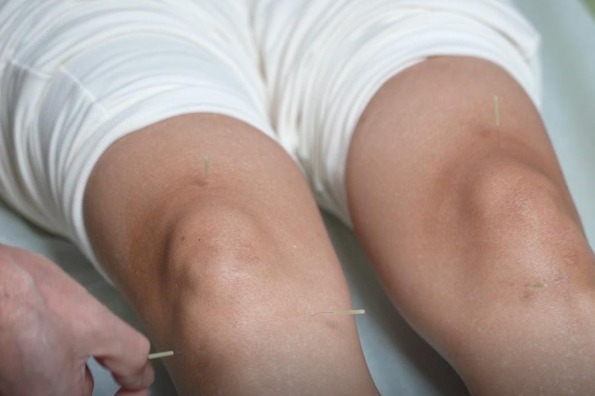Shandong University of Traditional Chinese Medicine

Shandong University of Traditional Chinese Medicine (SDUTCM) was founded in 1958, listed as one of the key state construction TCM higher-learning institutes in 1978, and approved as a key Shandong provincial university in 1981. It is currently the only independent medical university in Shandong province.
It was among the first group of "five preeminent featured universities" approved by the Shandong provincial government. Among all the colleges and universities in Shandong province, it takes the lead in a number of state key disciplines, in offering masters, doctoral and post-doctoral research programs, and also as a chief organization in the state "973 Projects", a key national program on basic scientific research.
SDUTCM adheres to the motto of "Cultivating virtues and harboring benevolence, learning extensively and practicing persistently", exploits fully the advantages of traditional Chinese medicine and strengthens its applications, and as a result forms its own educational philosophy, namely "nurturing students' minds by culture, consolidating their foundation, emphasizing knowledge inheritance, and encouraging innovation".
SDUTCM has been striving to become one of preeminent featured universities. In 2007, the main campus moved from Lixia district, Jinan city, to Changqing district, the hometown of Bian Que (a famous physician in ancient China). The campus covers 122 hectares with a building area of 545,000 square meters.
It has 14 colleges, three directly-affiliated hospitals, 11 indirectly-affiliated hospitals, 24 teaching hospitals, 97 clinical teaching bases and 10 Shandong graduates jointly-training bases. It has a national experimental teaching demonstration center and a national undergraduate off-campus education and practice base.
SDUTCM works hard to train high-quality talents and TCM physicians by cultivating virtues and encouraging learning.
It has 21 undergraduate programs in medicine, sciences, humanities, engineering and management. Meanwhile, it has three first-rate doctoral degree authorization disciplines, including traditional Chinese medicine, traditional Chinese materia medica and integration of TCM and western medicine, entitling it to confer 15 doctoral degrees.
It also offers eight first-rate master's degree authorization disciplines and is entitled to confer 44 master's degrees, which involve all the second-rate disciplines of traditional Chinese medicine, traditional Chinese materia medica and integration of TCM and western medicine. Those programs have already started to permeate to additional peripheral disciplines.
Additionally, SDUTCM is authorized to grant doctoral degrees in clinical medicine and master's degrees in clinical medicine, traditional Chinese materia medica, pharmacy and biomedical engineering.
It attaches great importance to international academic exchange and cooperation and has built long-term cooperative relationships with over 30 prestigious foreign universities and medical organizations. It now has about 200 overseas Chinese and foreign students.
SDUTCM has a strong teaching faculty, with over 3,900 staff members. Among them, there are 110 doctoral supervisors, 422 master's supervisors, two Great Masters of National Medicine and one chief scientist of the state 973 Projects.
It now has three state key disciplines, namely Basic Theory of traditional Chinese Medicine, History and Literature of TCM and Traditional Chinese Internal Medicine, 29 key disciplines of the State Administration of Traditional Chinese Medicine, 14 provincial key disciplines, 23 state key specialist clinics, 19 provincial key specialist clinics, four state characteristic specialties, namely Traditional Chinese Medicine, Traditional Chinese Materia Medica, Acupuncture and Tuina, and Pharmaceutical Engineering, one Education Ministry key reform pilot specialty,11 provincial characteristic specialties, three national high-quality open courses, and 33 provincial high-quality courses.
SDUTCM has forged numerous first-class scientific research platforms by emphasizing sci-tech and innovation. It has three post-doctoral stations in the disciplines of traditional Chinese medicine, traditional Chinese materia medica and integration of TCM and western medicine, one Education Ministry key laboratory, six State TCM Administration level-3 key laboratories, and two key State TCM Administration research centers.




